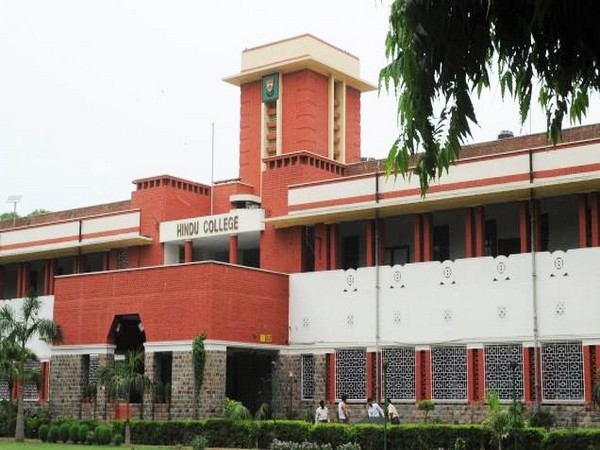New Delhi [India], April 18 (ANI): Delhi University’s Hindu College claimed to have become the first higher education institution in the country to host a public policy lab.
The initiative, described as a bridge between scholarship and statecraft, was formally inaugurated by NITI Aayog CEO BVR Subrahmanyam on Thursday, signalling a broader push to embed policy-thinking and research within undergraduate spaces.
Speaking at the launch event, Subrahmanyam positioned the lab as a cornerstone in India’s pursuit of becoming a 30 trillion dollar economy, highlighting the critical role of dynamic academic spaces like Hindu College in shaping future governance.
“As India aims to become the world’s third-largest economy, we need knowledge institutions that not only educate but also innovate. This lab will place Hindu College at the center of India’s policy discourse,” he said.
The lab, set up under CSR support from Indian Railway Finance Corporation (IRFC) and Hindustan Steelworks Construction Limited (HSCL), will serve as a hub for real-world policy simulations, applied research, and grassroots insights, aligning with the vision of Prime Minister Narendra Modi to democratize and decentralize knowledge generation, an official release read.
“This is not just a policy facility. It is a living, breathing idea, one that reflects the Prime Minister’s vision of Viksit Bharat,” said Manoj Kumar Dubey, CMD & CEO of IRFC. “Our collaboration with Hindu College is an investment in the policy architects of tomorrow.”
The initiative was celebrated by Principal Anju Srivastava, who called it a “historic academic milestone for Hindu College and the city of Delhi.” The Public Policy Lab blends seamlessly with NEP 2020’s call for interdisciplinary learning. We are proud to lead from the front in creating a national academic model that combines research with actionable policy training.”
B Venkatesh Kumar, professor at Tata Institute of Social Sciences (TISS), who serves as the lab’s mentor, described it as “an ecosystem for evidence-based governance.” He noted that such institutional models can bridge the long-standing gap between academic theory and policymaking practice. (ANI)
Disclaimer: This story is auto-generated from a syndicated feed of ANI; only the image & headline may have been reworked by News Services Division of World News Network Inc Ltd and Palghar News and Pune News and World News
HINDI, MARATHI, GUJARATI, TAMIL, TELUGU, BENGALI, KANNADA, ORIYA, PUNJABI, URDU, MALAYALAM
For more details and packages













